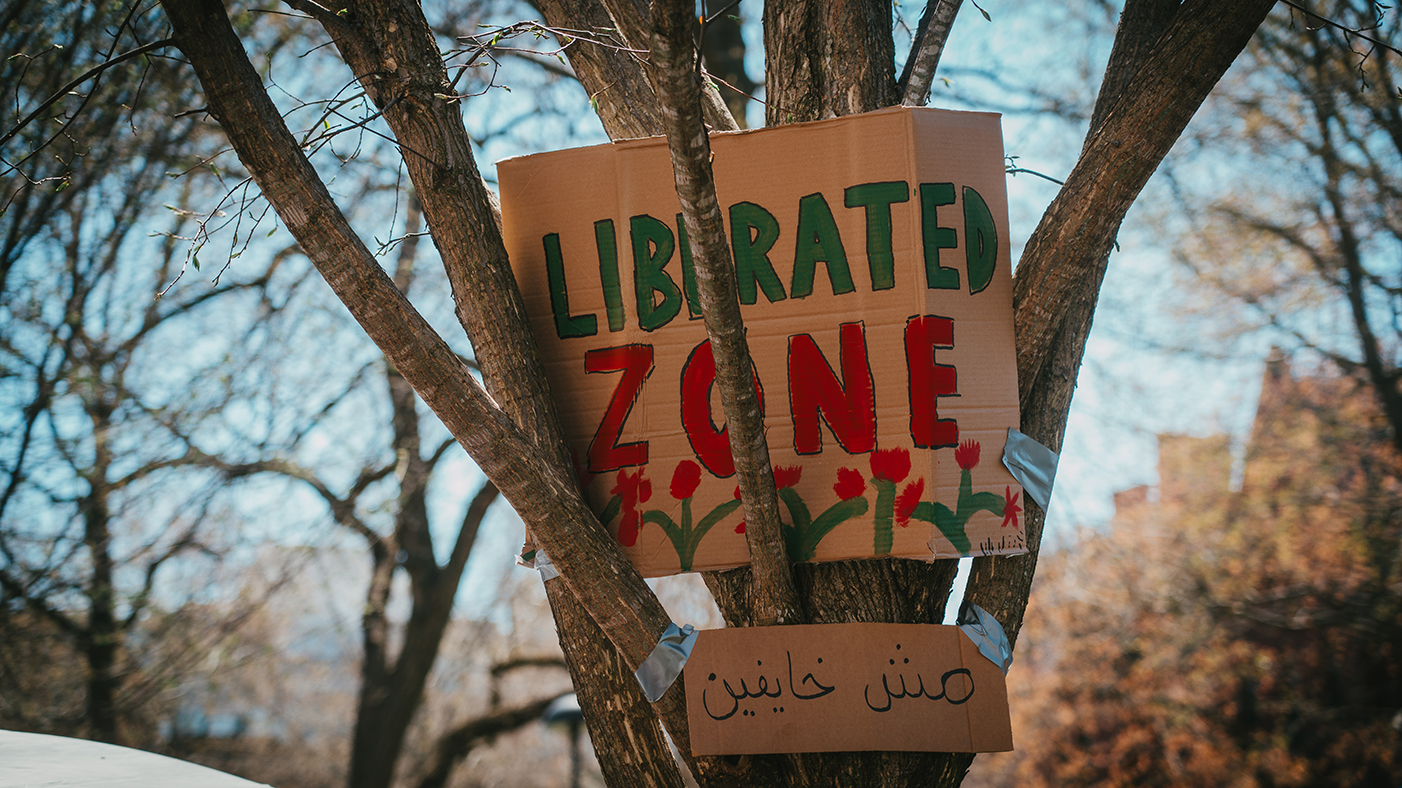The government’s plans for unlimited surveillance on benefit claimants’ bank accounts should worry us all

Prem Sikka is an Emeritus Professor of Accounting at the University of Essex and the University of Sheffield, a Labour member of the House of Lords, and Contributing Editor at Left Foot Forward.
The UK government is taking statutory powers for unlimited snooping on bank and building society accounts connected with receipt of social security benefits and the state pension, even when there is no suspicion of fraud. This is the latest chapter in the right-wing coup that began in the 1980s.
Millions of individuals, landlords, charities, clubs, voluntary organisations and companies will become subject to 24/7 surveillance. No court order is needed and you won’t be told anything about the information extracted and how it is used or abused. There is no right of appeal.
The source of latest rush towards totalitarianism is the misleadingly titled Data Protection and Digital Information Bill. It has been passed by the House of Commons where the government used its big majority to stifle debate. It is now going through the House of Lords.
The attack on civil liberties is dressed up as a fraud prevention measure, but the government is unable to provide relevant data. The government claims that mass monitoring is needed to check benefit fraud, estimated to be around £6.4bn a year or 2.7% of the total benefit payments. Under the Social Security Fraud Act 2001, the government can request information from bank accounts on a case-by-case basis, if there are reasonable grounds to suspect fraud. This is being replaced by mass surveillance of bank accounts. A Minister told parliament that “proportionately fraud in the state pension is very low”, and was unable to provide any financial numbers but the government will place 12.7m retirees under surveillance.
The government claims that mass surveillance would reduce fraud by £600 million over the next five years though this somehow became £500m during the debate in the Commons, i.e. £100m-£120m a year. To put this into context, during 2023-24, the government spent £1,189bn.
Financial institutions will be paid unspecified millions to conduct mass snooping and look for cash flow sources and patterns or the level of savings, and flag people exceeding thresholds for benefits. There is a danger that gifts to loved ones to buy clothes or a new bed could be counted as income, and result in loss of benefits. The inherent assumption in the Bill is that information generated by IT systems would be correct. The Post Office scandal shows that computer generated information isn’t necessarily correct, and can lead to injustices. Neither financial institutions nor the Department of Work and Pensions will owe a ‘duty of care’ to any injured party.
…



